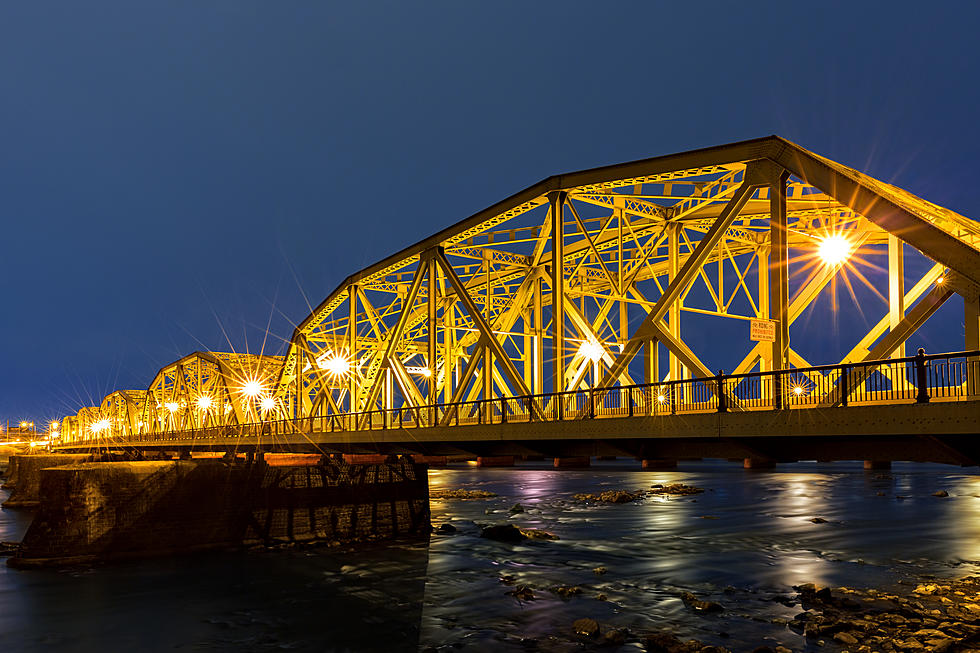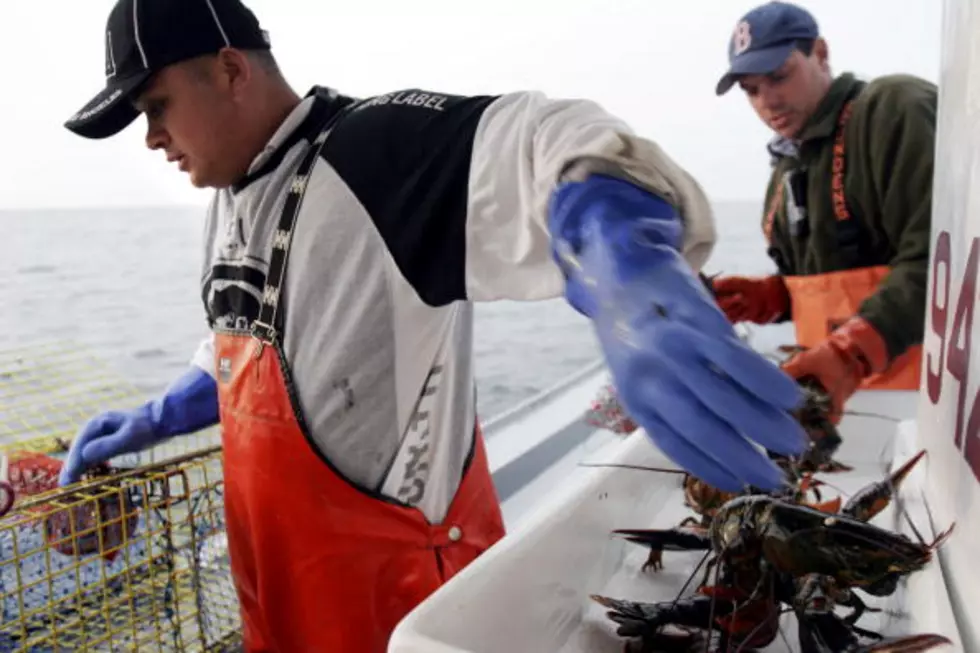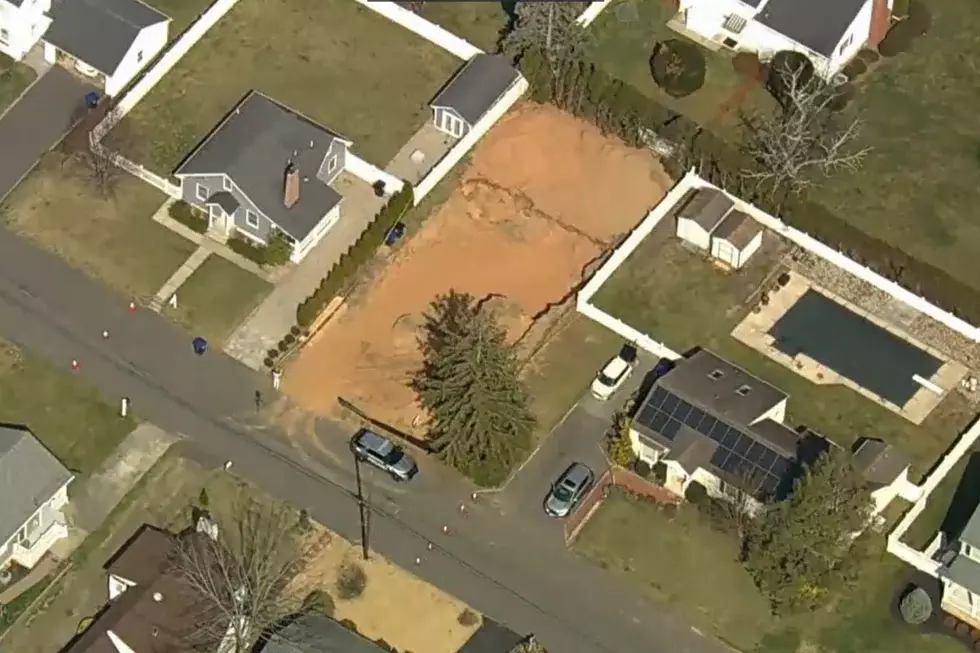
If ‘dead zones’ worsen in Delaware River, NJ fish species could be in danger
It is in better shape now than 50 years ago, but the Delaware River in the Philadelphia metro area is still in danger of being an oxygen-deprived "dead zone" in which no fish and few other organisms can live, potentially affecting the upstream journeys of various species along New Jersey riverbanks.
"Dead zone" is not really a term used by scientists, according to David Kirchman, University of Delaware professor emeritus, who has studied the problem since the time the region first started to emerge from it, and recently published a book on the subject.
What the phrase describes, Kirchman said, is an oxygen level, for instance, in the neighborhood of 2 milligrams per liter instead of the 8 to 10 that's considered normal.
And while the issue was first identified around Philadelphia in the immediate aftermath of World War II, Kirchman said there were signs in other rivers, lakes and oceans well before then.

This is a worldwide phenomenon, but north of Philly, New Jersey has mostly avoided it to this point.
"Trenton has been much better than Philadelphia," Kirchman said. "First of all, it has treated its water. Trenton actually had a wastewater treatment plant established in 1927."
Creation of treatment facilities on a large scale is what turned the tide, so to speak, of dead zone development, according to Kirchman.
He said legislation enacted in 1972 opened the gates for billions of dollars to be spent on fixing the most obvious problems.
Still, the emission of ammonia from riverside plants remains particularly troublesome.
"I think you can't be too complacent, because there's still some problems of oxygen being less than optimal for organisms, and so we still have some work to do there," Kirchman said. "The other problem is nutrients coming in from agriculture, and we all contribute to that by what we eat."
Further up the Delaware, as one example, Lambertville is home to an annual Shad Festival — but that's one of the species most affected, and the systemic effects of a "dead zone," even a former one, mean that the population could one day be in danger.
"You may say, well, south of Philadelphia, that's the problem, we don't have to worry about it if you're north of that," Kirchman said. "But in fact, if you like shad, shad need to spend part of their life cycle in the ocean."
As for what everyday residents of river towns up and down New Jersey can do improve the oxygen situation, Kirchman suggests contacting local legislators to see if they support measures that slow the development of dead zones.
Patrick Lavery is New Jersey 101.5's afternoon news anchor. Follow him on Twitter @plavery1015 or email patrick.lavery@townsquaremedia.com.
Gorgeous views: 13 NJ lake house rentals in North Jersey
8 sharks you may find off New Jersey's coast
More From New Jersey 101.5 FM
![Big Joe’s Fruity Tilapia [Recipe]](http://townsquare.media/site/385/files/2016/04/Grilled-Fish-Credit-iStockphoto-158197138.jpg?w=980&q=75)





![Predator Fish That Can Live Out of Water Found in New York City [VIDEO]](http://townsquare.media/site/385/files/2013/05/144629047.jpg?w=980&q=75)


